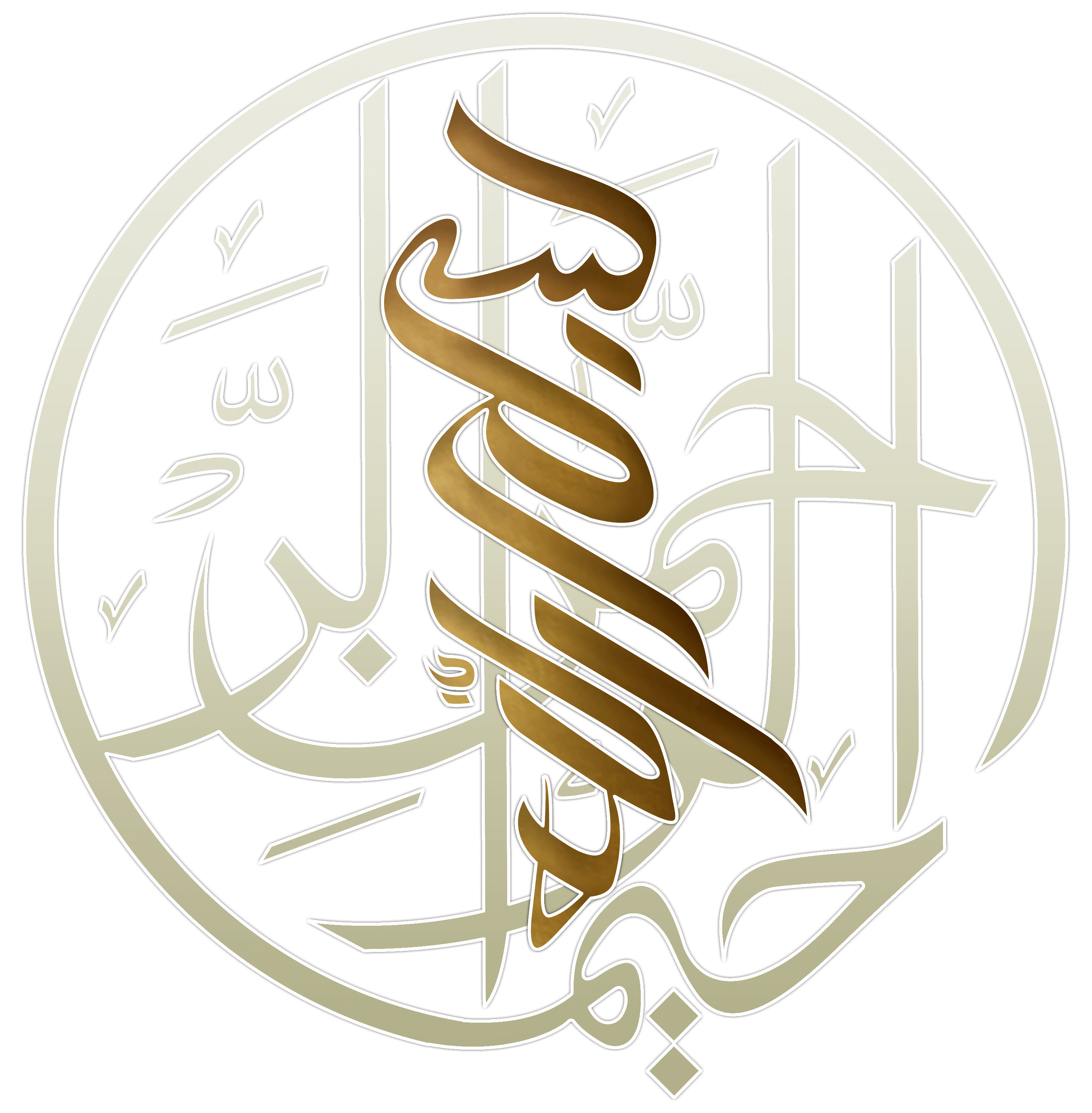Unveiling The Origin Of Allah: A Journey Through Time, Culture, And Belief
Let me tell you something fascinating about the origin of Allah that will blow your mind. This isn't just about religion – it's about understanding how words, cultures, and beliefs have shaped humanity over thousands of years. The term "Allah" carries layers of history that go way beyond what most people realize, and we're about to dive deep into those layers. Get ready for an eye-opening journey through time!
Now, let's be real – when you hear the word "Allah," you probably associate it with Islam. And yeah, that's true. But what if I told you this term has roots that stretch way back before Islam even existed? It's like uncovering a secret code that connects ancient civilizations, languages, and spiritual practices. This isn't just about religion; it's about humanity's quest to make sense of the universe.
So why does the origin of Allah matter today? In a world where misinformation spreads faster than ever, understanding the historical and cultural background of such an important term is crucial. It helps us appreciate diversity and fosters mutual respect among different faiths. Plus, it's just plain interesting to see how one word can carry so much meaning across centuries!
- How To Master To Wait In Korean Ndash Your Ultimate Guide
- Filmy4wap Xyz Com Your Ultimate Guide To Streaming And Downloading Movies
The Historical Roots of Allah: A Timeless Legacy
Alright, let's rewind the clock and travel back to ancient Arabia. Back in the day, before Islam, the Arabian Peninsula was home to various tribes with their own gods and goddesses. But here's the kicker – the term "Allah" wasn't invented overnight. It evolved from earlier Semitic languages and religious practices. In fact, the word "Allah" is believed to come from the Arabic word "al-ilah," which means "the god." Simple, right? But oh-so-significant!
Now, here's where it gets really cool. The concept of "al-ilah" wasn't exclusive to Arabia. Similar terms were used in other Semitic languages like Hebrew ("Elohim") and Aramaic ("Elah"). This shows that the idea of a supreme deity wasn't unique to one culture but was part of a broader spiritual tradition. Think of it like a family tree where different branches share common roots.
How Allah Emerged in Pre-Islamic Arabia
Fast forward to the 6th century CE, and you'll find that pre-Islamic Arabia was a melting pot of religious beliefs. People worshipped all kinds of gods and goddesses, but "Allah" was already recognized as the supreme deity by some tribes. This is important because it shows that the concept of a single, all-powerful god wasn't entirely new when Islam came along. It was more like refining an existing idea to fit a new spiritual framework.
- Unveiling The World Of Ibomma Telugu Movies New 2024
- Top Bollywood Movies Download Sites Your Ultimate Guide For Film Enthusiasts
Here's a fun fact: Even though "Allah" was associated with monotheism in Islam, it didn't erase the cultural heritage that came before. Instead, it built upon it, creating a bridge between old traditions and new teachings. That's the beauty of how religions evolve – they don't just replace what came before; they incorporate and transform it.
Islamic Perspective: Allah as the One True God
Now let's talk about the elephant in the room – Islam. In the Islamic tradition, Allah represents the one true God, the creator of everything that exists. This belief is central to the faith, and it's what gives the term its immense power and significance. But here's the thing – the Islamic understanding of Allah isn't just about theology. It's about ethics, morality, and how we live our lives.
One of the coolest aspects of Islam is how it emphasizes the oneness of God, or "Tawhid." This concept teaches that there's no division or multiplicity in the divine. It's all about unity, and that's a message that resonates across cultures and borders. So when Muslims say "Allahu Akbar" (God is great), they're not just making a statement of faith – they're affirming a universal truth.
Key Teachings About Allah in the Quran
- Allah is merciful and compassionate
- Allah is the ultimate judge and provider
- Allah transcends human understanding
- Allah is the source of all goodness and wisdom
These teachings aren't just abstract ideas; they're practical guidelines for living a meaningful life. They encourage believers to cultivate qualities like kindness, humility, and gratitude – values that anyone can appreciate, regardless of their religious background.
The Linguistic Journey of Allah: From Semitic Roots to Global Recognition
Let's talk about the word itself for a moment. The linguistic journey of "Allah" is as fascinating as its spiritual significance. As we mentioned earlier, it comes from "al-ilah," which means "the god" in Arabic. But here's the twist – the definite article "al" combined with "ilah" over time became "Allah." It's like a linguistic shortcut that stuck and became part of everyday language.
Now, here's where it gets even more interesting. The term "Allah" isn't exclusive to Muslims. Christians and Jews in the Middle East also use it to refer to God. This shows that language isn't bound by religious lines – it's a shared human experience. And isn't that beautiful? It reminds us that despite our differences, we're all connected in some way.
How Allah's Meaning Evolved Over Time
Over the centuries, the meaning of "Allah" has evolved to reflect the changing needs and perspectives of different communities. In early Islam, it was a rallying cry for unity and reform. Later, it became a symbol of resistance against colonial powers. Today, it's a unifying force for millions of people around the world. Each era has added its own layer of meaning to this powerful word.
And let's not forget the role of scholars and thinkers in shaping our understanding of Allah. From Ibn Arabi to Al-Ghazali, these intellectual giants have explored the depths of divine mysteries, offering insights that continue to inspire generations. Their work reminds us that faith and reason can coexist beautifully.
Cultural Significance: How Allah Shapes Identity
Now, let's zoom out and look at the bigger picture. The term "Allah" isn't just a religious concept; it's a cultural cornerstone for millions of people. It influences art, music, literature, and even daily conversations. In many Muslim-majority countries, the name Allah is woven into the fabric of everyday life. It's like breathing – you don't even notice it until it's gone.
But here's the thing – cultural identity isn't static. It evolves with time, and so does the way people perceive Allah. In some places, it's a source of pride and strength. In others, it's a point of contention and debate. The key is to approach it with an open mind and a willingness to learn from others' experiences.
Art and Literature Inspired by Allah
- Poetry that celebrates divine love
- Calligraphy that transforms words into art
- Music that evokes spiritual longing
- Architecture that reflects divine beauty
These artistic expressions aren't just beautiful to look at; they carry deep spiritual meaning. They remind us that faith isn't just about rituals and doctrines – it's about creativity, imagination, and the human spirit's capacity to transcend boundaries.
Misconceptions About Allah: Separating Fact from Fiction
Let's address the elephant in the room – misconceptions. Over the years, there have been plenty of misunderstandings about Allah, especially in non-Muslim communities. Some people think it's a different god from the one worshipped in Christianity or Judaism. Others associate it with extremism or violence. But here's the truth – none of that is accurate.
Allah is the same God worshipped by all Abrahamic faiths. The differences lie in interpretation and practice, not in the fundamental belief in one supreme deity. And as for the association with violence, that's a gross oversimplification that ignores the vast majority of peaceful Muslims who practice their faith without harming anyone.
Addressing Common Misconceptions
- Allah isn't a separate god but the same God recognized by Jews and Christians
- Islam promotes peace, justice, and compassion
- Extremism is a political issue, not a religious one
By addressing these misconceptions, we can foster greater understanding and respect among different faith communities. It's all about breaking down barriers and building bridges of communication.
Global Impact: Allah in the Modern World
So where does Allah fit into the modern world? In a time when globalization has brought people closer than ever, the term "Allah" serves as a reminder of our shared humanity. It's a unifying force that transcends borders, languages, and cultures. But it's also a point of contention in some quarters, where misunderstandings and prejudices persist.
Here's the good news – more and more people are making an effort to learn about other faiths and traditions. Interfaith dialogues, cultural exchanges, and educational programs are helping to bridge the gap between different communities. It's a slow process, but every small step counts.
Building Bridges Through Understanding
The key to fostering mutual respect is understanding. By learning about the origins and significance of Allah, we can appreciate the rich tapestry of human beliefs and traditions. It's not about converting others or convincing them to see things our way – it's about recognizing the value in diversity and celebrating our commonalities.
And let's be real – the world could use a little more kindness and compassion right now. Understanding Allah's role in shaping human history is one way to promote peace and harmony in a fractured world. It's all about finding common ground and building bridges instead of walls.
Conclusion: Embracing the Legacy of Allah
As we wrap up this journey through the origin of Allah, let's take a moment to reflect on what we've learned. The term "Allah" carries layers of history, culture, and belief that connect us to our shared past. It's not just a religious concept; it's a testament to humanity's quest for meaning and purpose.
So what can you do? Start by educating yourself and others about the true meaning of Allah. Share this article with your friends and family. Engage in respectful conversations with people of different faiths. And most importantly, approach the world with an open mind and a compassionate heart. Together, we can create a more understanding and harmonious world.
And hey, don't forget to leave a comment below and let us know what you think. What did you learn from this article? How has your perspective changed? Your voice matters, and we'd love to hear from you!
Table of Contents
- The Historical Roots of Allah: A Timeless Legacy
- Islamic Perspective: Allah as the One True God
- The Linguistic Journey of Allah: From Semitic Roots to Global Recognition
- Cultural Significance: How Allah Shapes Identity
- Misconceptions About Allah: Separating Fact from Fiction
- Global Impact: Allah in the Modern World
- Conclusion: Embracing the Legacy of Allah
- Ari Kytsya Tiktok The Rising Star Whos Taking Over The Internet
- Filmy4wap Xyz Com Your Ultimate Guide To Streaming And Downloading Movies

Allah The One and Only God

Allah Download PNG PNG All

Allah PNG Pic PNG All